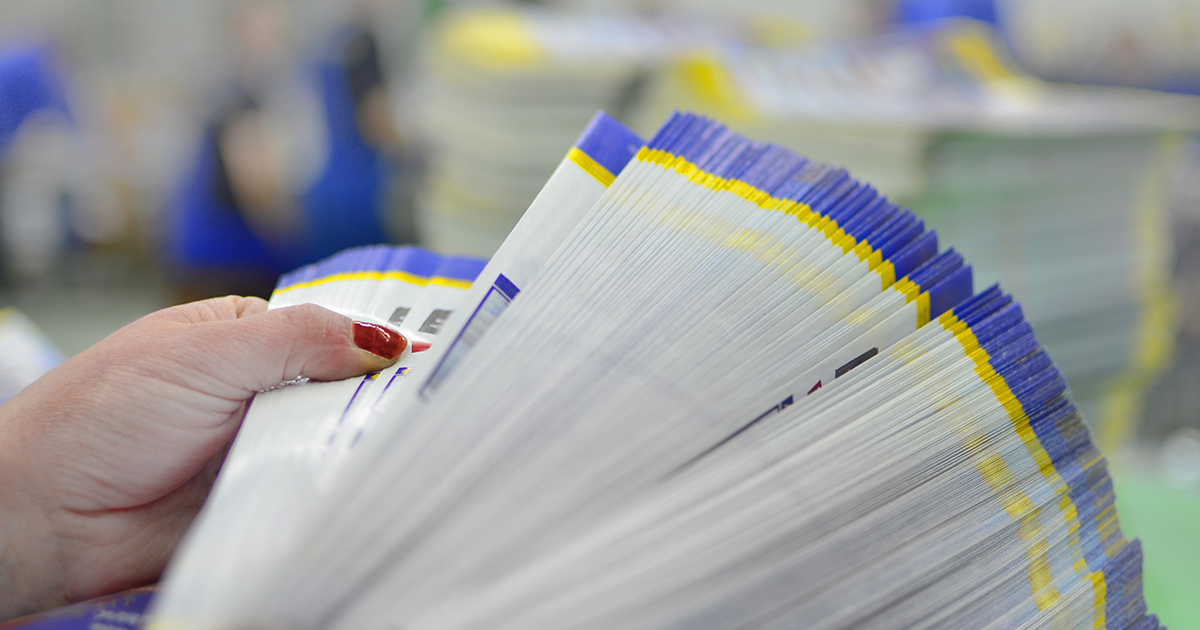Recent data suggests that 90% of teachers perceive burnout as a serious problem. A passion for making a difference and a desire to see students thrive are the driving forces that help many teachers stay motivated and dedicated to their profession. Still, some parts of the U.S. are experiencing unprecedented teacher shortages.
Why? There are numerous reasons, including these challenges teachers regularly face:
- A typical teacher works an average of 53 hours per week
- Paperwork and data-driven record keeping greet them as they arrive early and leave late
- Lessons are sometimes planned outside of paid teaching hours
- There’s an ever-growing list of parents who need to be contacted, not all of whom are receptive to their conversations
- And, of course, there’s heightened awareness and special training to plan for potential security emergencies
Technology can play a role in easing some of the strain placed on teachers. Admittedly, teachers often experience even more frustration when that technology malfunctions or there's a lack of training on how to use it.
It shouldn’t be that way.
Technology can and should be leveraged to help teachers and students advance. Let’s take a look at some common technology-related roadblocks and ways to overcome them, such as:
- Printer and Copier Downtime
- Language Barriers for Printed Documents Sent Home with Students
- BYOD Devices
- Interactive Displays
RELATED: How Managed Print Helps Schools Get More Done
Printer and Copier Downtime
While digital technology is becoming more prominent, there is still plenty of paperwork that gets printed and handed out in the classroom. For most teachers, printer and copier technology is relatively straightforward, with most understanding how to use these machines. However, that doesn’t mean there aren’t challenges.
Jammed printers, poor quality prints, machine breakdowns and running out of toner – many teachers have come to accept these major frustrations as part of the job. However, a well-run copy center can minimize these challenges by reducing disruptions, streamlining processes and increasing administrative productivity. The result for teachers? More time in their day.
A Managed Print provider who specializes in education can ensure maximum equipment uptime and provide remote toner level monitoring to ensure that you’ll never run out of toner. They’ll take on the task of troubleshooting and preventing network connection errors that create bottlenecks and delays. They can also help set up easy-to-use software tools that allow teachers to scan documents to Google Drive and interact with Google Classroom applications.
Language Barriers for Printed Documents Sent Home With Students
Sending printed notes home with students may result in unread messages if a student’s family is unable to read English. Today, smaller classroom-sized multi-function printers are available with advanced features such as AI translation assistants. Simply scan a printed MS Word document or upload the file via your browser and the translation assistant will create a translated version. The device will scan your document written in English and print a copy in the language of your choice. How easy is that!
BYOD Devices
Some school districts have enacted bring your own device (BYOD) policies. While the practice may help ease budget constraints by not having to invest in as much technology, the use of personal devices opens a plethora of possible connectivity and security issues.
There is a lack of uniformity among BYOD devices and not all operating systems and device types “play” well together. Students who use their own devices may struggle to access lessons, meaning teachers need to spend more time assisting them through technology challenges that they might not fully understand themselves. Also, some students and teachers might find it difficult to read or type on small screens or keyboards.
Security with BYOD devices is also a major concern. Ensuring data integrity and maintaining confidential records is critical. Demands on district IT departments are extremely high, and it may be best to enlist the help of a Managed IT service to assess the situation and provide supplementary help and consultation.
Interactive Displays
While some teachers prefer classic whiteboards, many modern classrooms are equipped with interactive displays. When used to their full potential, these electronic tools can aid in learning by displaying lessons and images from a computer or tablet using a digital projector. Students and teachers can interact with them using a stylus tool or their fingers.
Teachers without strong technology skills or sufficient training, however, may find them difficult to use. When teachers are already strapped for time, training may feel like just another thing added to their to-do list. Investing time in training, however, can be a timesaver in the long run. Lessons can be saved and even recorded for use in the future and the technology supports many free online resources and ready-made lesson plans.
Working with a reputable Managed Print provider will help ensure that proper training takes place so teachers feel equipped and empowered rather than burdened with another task.
RELATED: How Can Interactive Displays Be Used in the Classroom
Gordon Flesch Company (GFC) currently works with over 700 K-12 school districts by providing Managed Print, Managed Voice and interactive displays, as well as expert training to effectively use all of these devices. GFC also offers Managed IT Services through its Elevity division. Ready to learn more about what we can do for you? Contact us today!










